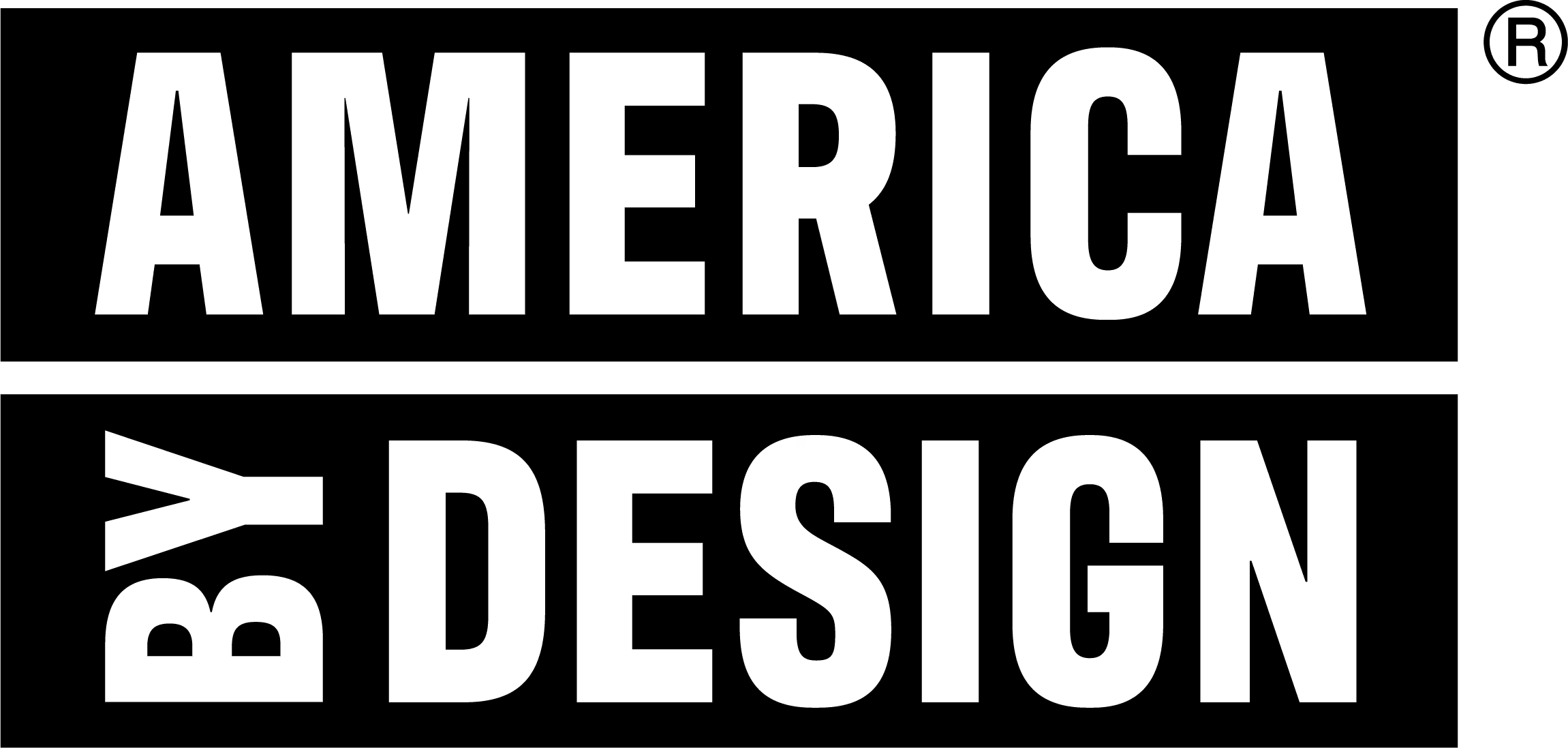PlantBottle™ and Marine Plastic Bottle
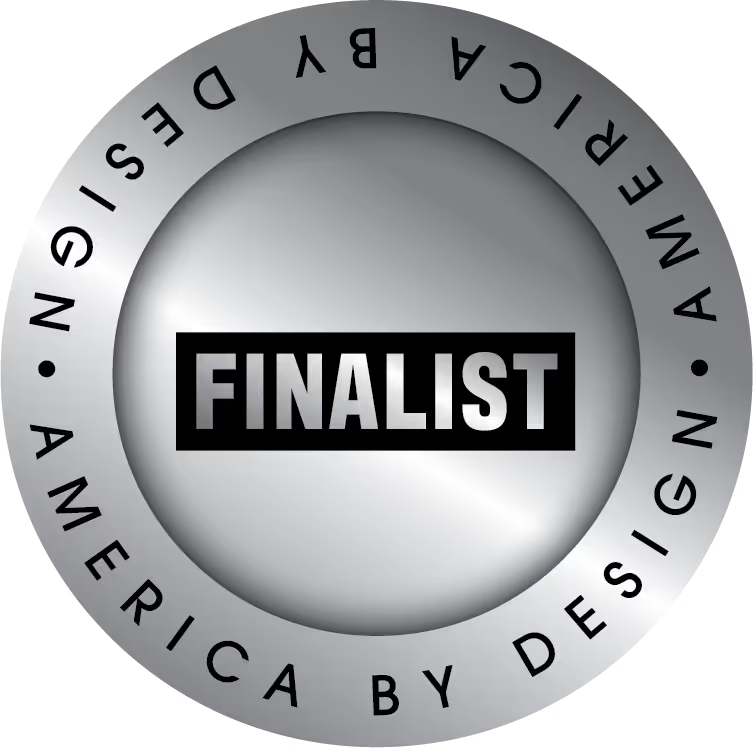
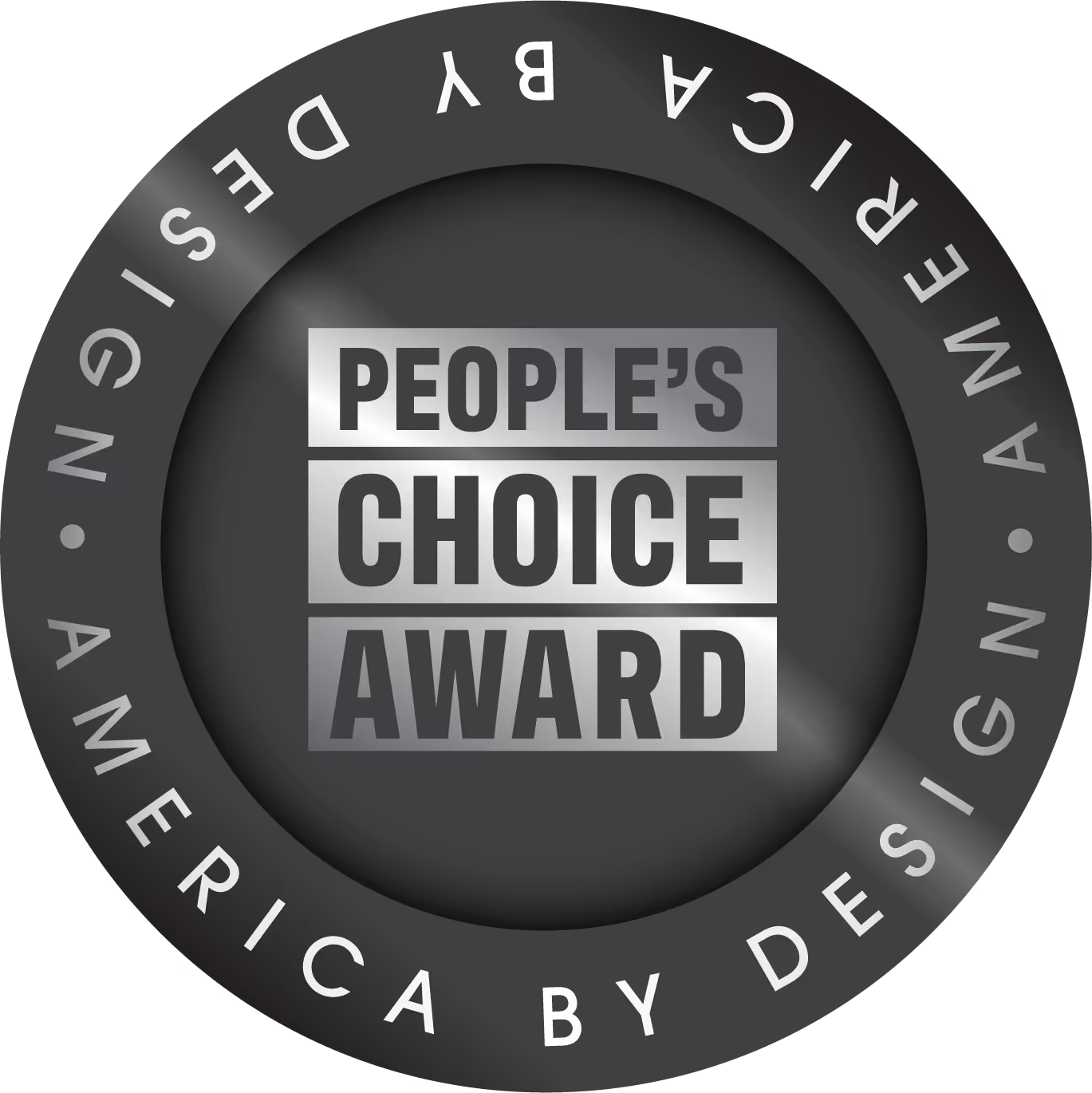
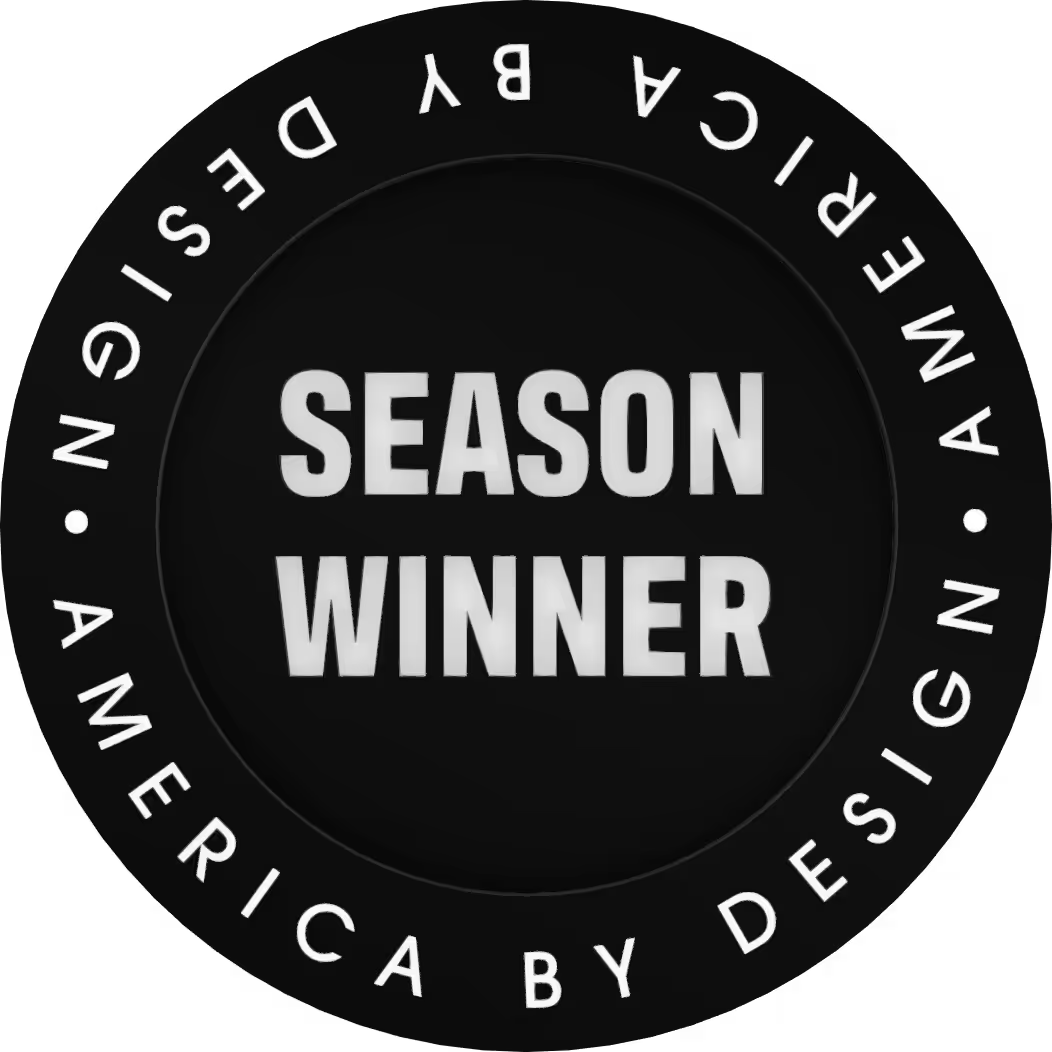
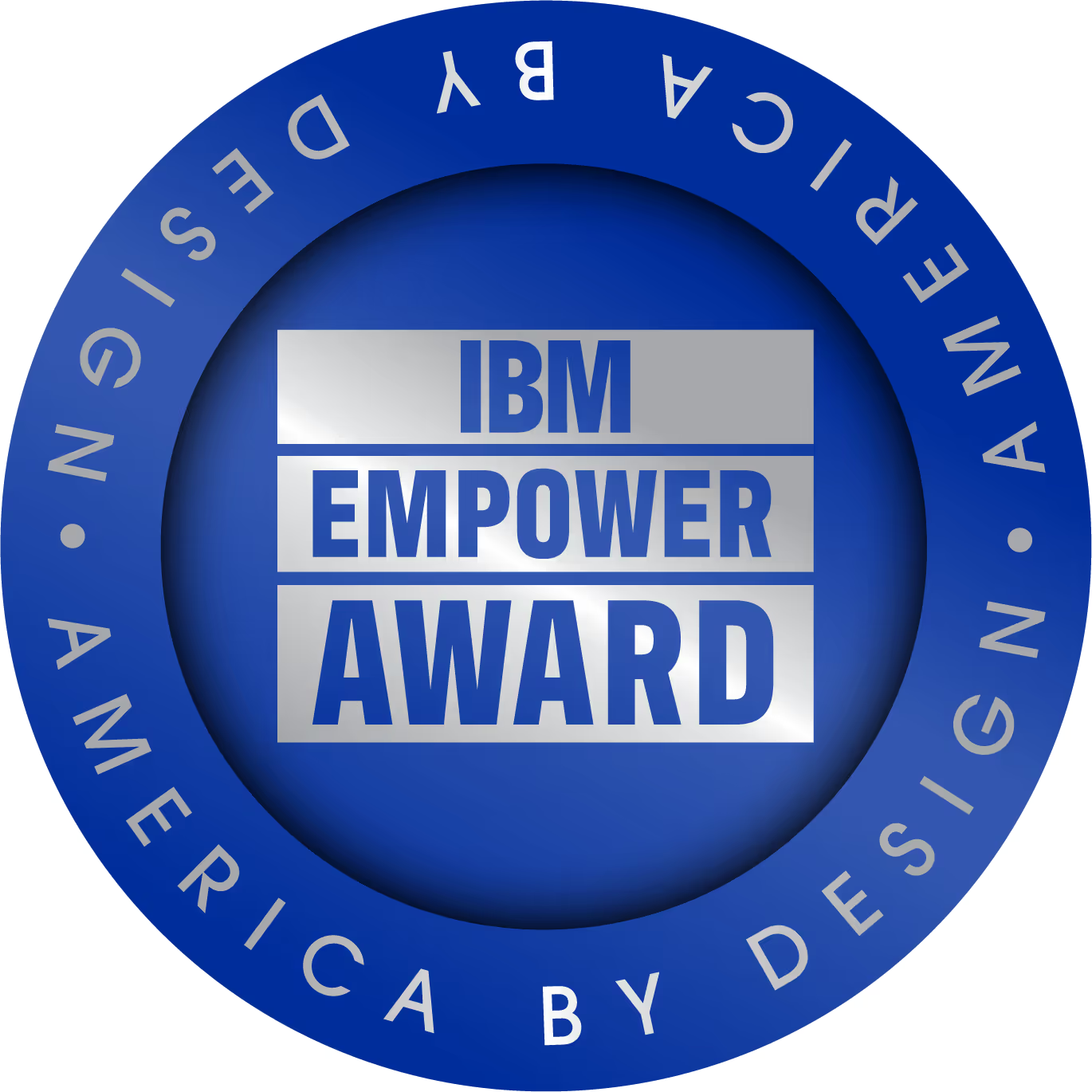
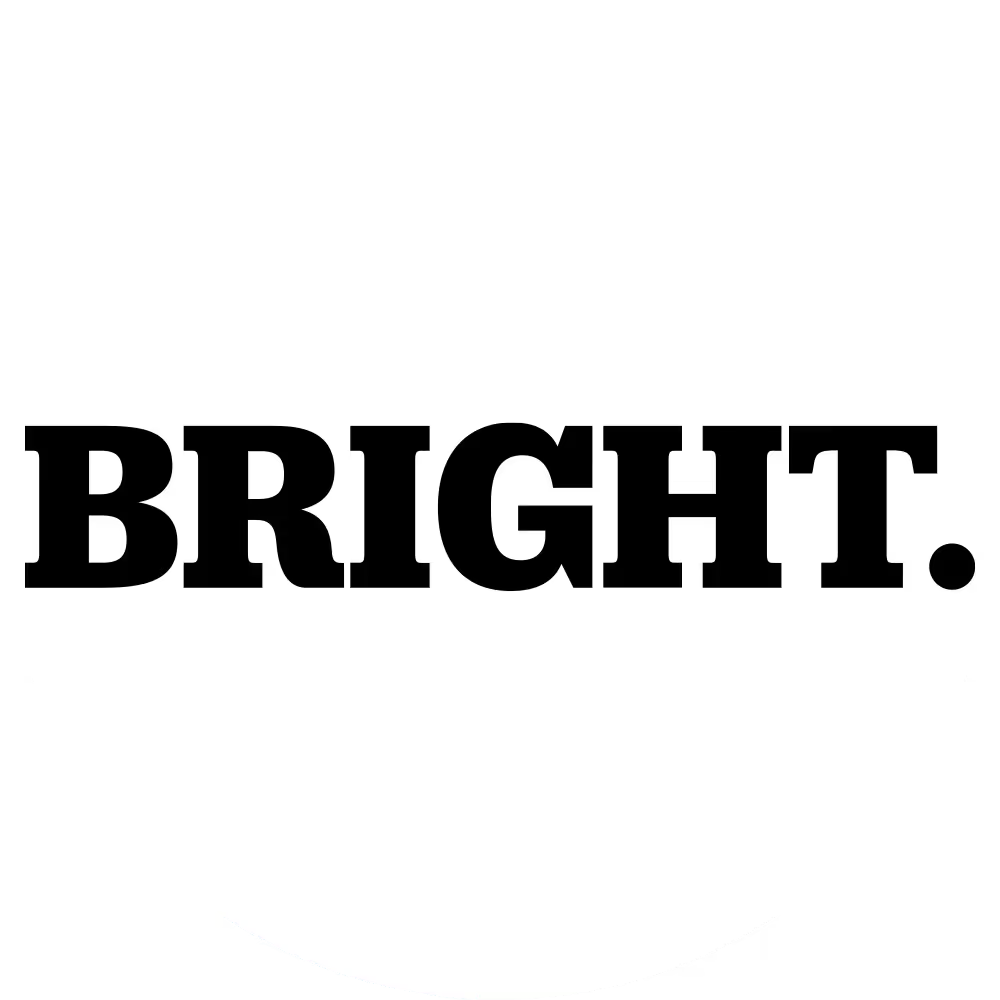

Coca-Cola has introduced the first-ever beverage bottle made from 100% plant-based plastic, excluding cap and label, utilizing commercially scalable technologies. This innovation comes over ten years after the debut of PlantBottle™, the world's first recyclable PET plastic bottle containing up to 30% plant-based material. PET, the most recycled plastic globally, consists of approximately 30% monoethylene glycol (MEG) and 70% terephthalic acid (PTA). The 2009 PlantBottle™ featured sugarcane-derived MEG but used oil-based PTA. PlantBottle™ packaging resembles, functions, and recycles like traditional PET but with a reduced environmental impact. Coca-Cola's new prototype employs plant-based paraxylene (bPX), processed by Virent, which is converted into plant-based terephthalic acid (bPTA). This marks a shift in the commercial viability of biomaterials, as the first beverage packaging material originating from demonstration-scale bPX production. The bPX was derived from corn sugar, though the process is flexible regarding feedstock.
The Marine Plastic Bottle is the first plastic bottle made from marine litter, successfully recycled and reused in food and drink packaging, demonstrates the potential of revolutionary 'enhanced recycling' technologies. These innovative processes break down plastic components and remove impurities from lower-grade recyclables, allowing them to be rebuilt as good as new. As a result, plastics previously destined for incineration or landfill can now be repurposed, reducing reliance on virgin PET from fossil fuels and lowering carbon footprints.The marine plastic contained in the bottles was collected and recovered by volunteers who participated in 84 beach cleanups in Spain and Portugal and fishermen in 12 ports across the Mediterranean Sea



